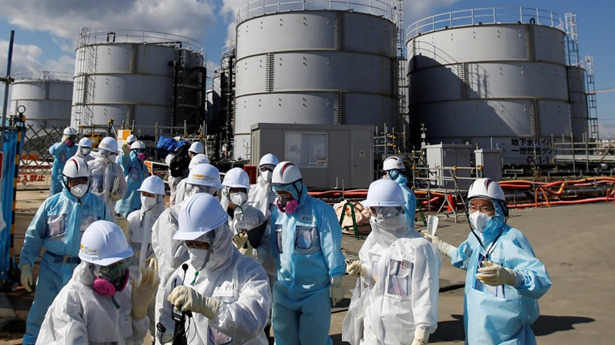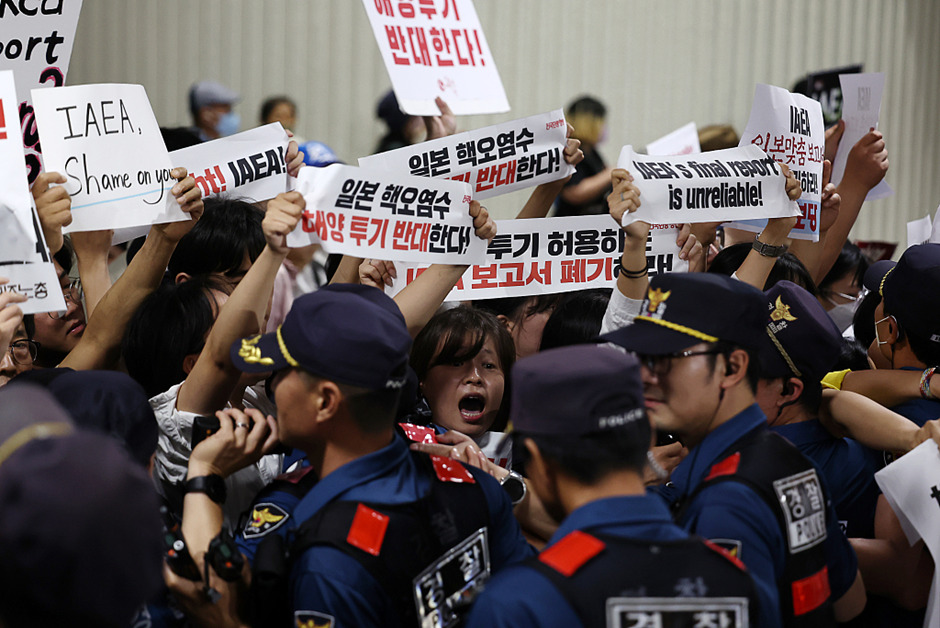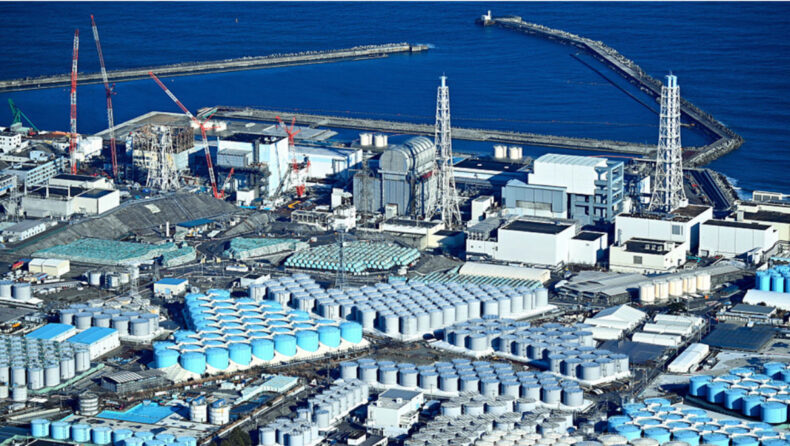8 July, 2024. A Japan newspaper posted on Friday, that Japan’s nuclear regulatory authority granted permission to Tokyo Electric Power Company (TEPCO) to start the Fukushima contaminated water release in the Pacific. They granted this permission through an inspection certificate and this was the final step before dumping of that water.

The water is the Fukushima nuclear reactor contaminated water which were used to cool down the reactors of the Fukushima nuclear power plant which was destroyed in the tsunami of 2011. It is about a million gallons in volume.
Earlier Japan’s plan was authorised by the UN nuclear watchdog- International Atomic Energy Agency (IAEA). IAEA granted the permission after conducting a 2-year review of this project which was presented to the agency by TEPCO who were assuring that the process is safe. IAEA agreed with this and said that TEPCO’s plans are in line with the international protocols and that the effects of this project would be negligible.
However, this decision was met with criticism internationally and nationally by the stakeholders with many expressing their concerns and disapproval. The validity of this report was questioned by many experts and scientists as well saying that it had substantial limitations. They said that the agency only assessed a plan given to them by the Japanese government and that the agency did not consider other scopes of this plan themselves. It was also highlighted that the agency conducted their research based on a sample of the contaminated water given to them by TEPCO, the agency which has a history of corporate misconduct. The main concerns of the critics were that if it is done once, it could not be undone hence this project should have been assessed more seriously.
Neighbouring country China who also shares the Pacific, slammed IAEA’s decision saying that it was biased. They also criticised this plan saying that Japan is treating the Pacific Ocean as their personal sewer.
Chinese Foreign Ministry blamed Japan for misleading public opinion as they have distorted the concept of nuclear waste water and normal drainage water from operating nuclear plants. These remarks come after Japan said that China also dumped radioactive contaminated waters in the Pacific before. China also mentioned that the IAEA, when asked for the reports of the assessment, hastily published a report that did not fully reflect the views of the experts who participated in this assessment.

Another neighboring country South Korea is not opposing this decision as much as China saying that they respect the IAEA’s decision. However, many citizens, activists and politicians protested this project of Japan. Many politicians said that this report is based on the “assumption of perfect imagination”. Earlier, Japan also invited experts from South Korea to visit the power plant ahead of the release of this radioactive. A four-day trip was done for this purpose and after this visit, they said that they have visited the relevant places and are not opposing this plan.













